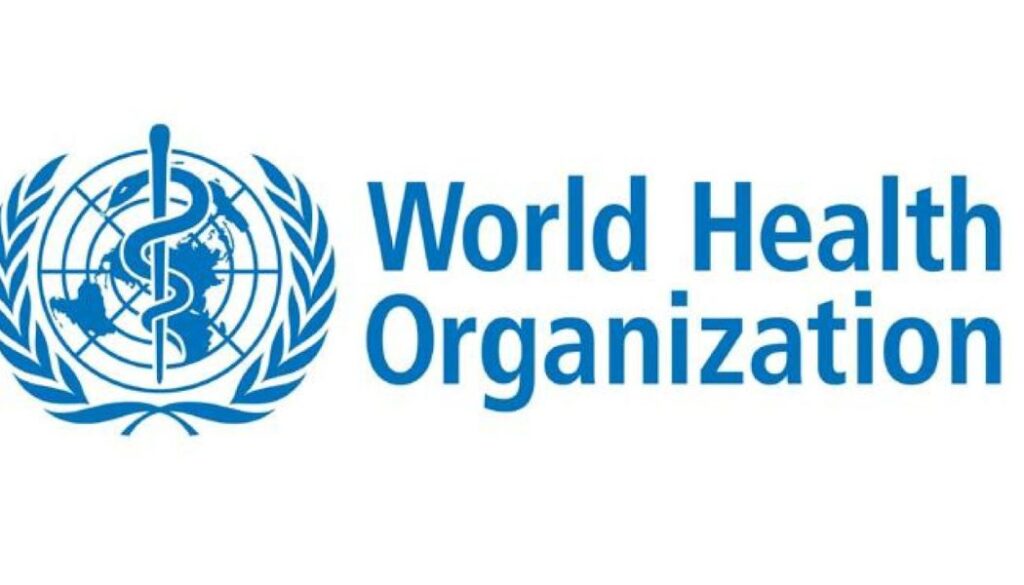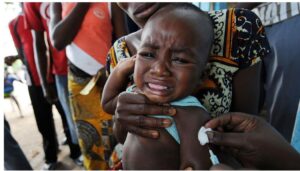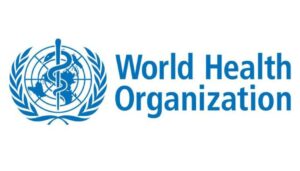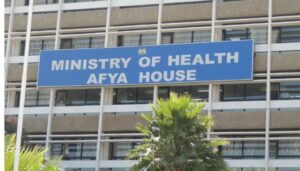WHO sounds alarm: Antibiotic resistance rising fast, puts millions at risk worldwide

WHO sounds alarm: Antibiotic resistance rising fast, puts millions at risk worldwide
A new report by the World Health Organisation (WHO) has warned that fragile healthcare systems and the widespread misuse of antibiotics are fuelling the silent rise of antimicrobial resistance (AMR) — an escalating global health threat.
As first-line antibiotics lose effectiveness, healthcare workers are increasingly forced to rely on older, more toxic, or harder-to-access treatments, placing millions of lives at risk. This growing resistance is not only causing more treatment failures but also allowing new infections and emerging diseases to spread, undermining global health stability.
According to the WHO’s latest findings, in 2023, one in six bacterial infections worldwide were resistant to antibiotics. Between 2018 and 2023, resistance increased in over 40 per cent of the pathogen–antibiotic pairs tracked, with annual resistance rates rising by 5–15 per cent.
Data submitted by more than 100 countries to the WHO Global Antimicrobial Resistance and Use Surveillance System (GLASS) highlights the mounting threat of resistance to essential antibiotics — a crisis that could overwhelm healthcare systems worldwide.
The Global Antibiotic Resistance Surveillance Report 2025 presents, for the first time, detailed global estimates of resistance across 22 drugs commonly used to treat urinary tract, gastrointestinal, bloodstream infections, and gonorrhoea.
It also monitors resistance trends in eight key bacterial pathogens: Acinetobacter spp., Escherichia coli, Klebsiella pneumoniae, Neisseria gonorrhoeae, non-typhoidal Salmonella spp., Shigella spp., Staphylococcus aureus, and Streptococcus pneumoniae.
The report reveals stark regional disparities. The WHO South-East Asia and Eastern Mediterranean regions are experiencing the highest resistance levels, with one in three reported infections resistant to antibiotics.
In Africa, one in five infections showed resistance. These trends are particularly alarming in regions with weak healthcare infrastructure, where diagnostic and treatment capacities are limited.
UK government issues travel advisory to Kenya following Raila Odinga’s death
Kalonzo cuts short UK trip ahead of Raila Odinga’s state funeral
Emotions as Winnie hands over Raila’s iconic white fedora to Mama Ida
Details emerge of how Nigerian prophet allegedly foretold Raila’s death
Ministry of Health deploys 36 ambulances for Raila Odinga’s reception
WHO Director-General Tedros Adhanom Ghebreyesus cautioned: “Antimicrobial resistance is outpacing progress in modern medicine, threatening global health.
To tackle AMR, we must use antibiotics responsibly and ensure universal access to high-quality medicines, diagnostics, and vaccines. Strengthening health systems, innovating with next-generation antibiotics, and improving diagnostic technologies are critical for safeguarding the future of medicine.”
The report identifies drug-resistant Gram-negative bacteria, such as E. coli and K. pneumoniae, as especially dangerous and a major public health threat. These bacteria cause severe infections, including bloodstream infections that can lead to sepsis, organ failure, and death.
More than 40 per cent of E. coli and over 55 per cent of K. pneumoniae are now resistant to third-generation cephalosporins — the standard treatment for such infections. In Africa, resistance rates for these bacteria exceed 70 per cent.
Furthermore, crucial antibiotics such as carbapenems and fluoroquinolones are becoming less effective against these and other pathogens, including Salmonella and Acinetobacter.
Once considered last-resort treatments, carbapenem resistance is now spreading rapidly, leaving clinicians with limited, costly, and hard-to-find alternatives.
Although participation in GLASS has grown significantly — from 25 countries in 2016 to 104 in 2023 — nearly half of all countries failed to submit data in 2023.
Many nations, particularly those most affected by AMR, still lack the infrastructure to generate reliable resistance data.
The political declaration on AMR adopted at the United Nations General Assembly in 2024 called for stronger healthcare systems and a “One Health” approach that unites human, animal, and environmental health efforts.
Four dead after police fire shots, teargas to disperse crowds at Raila viewing
High Court declines to stop Raila Odinga’s quick burial
Raila’s state funeral at Nyayo Stadium to last for 2 hours
Chaos erupts as police lob teargas inside Kasarani Stadium to disperse mourners
TSC announces new dates for promotional interviews after Raila Odinga’s demise
Follow us







